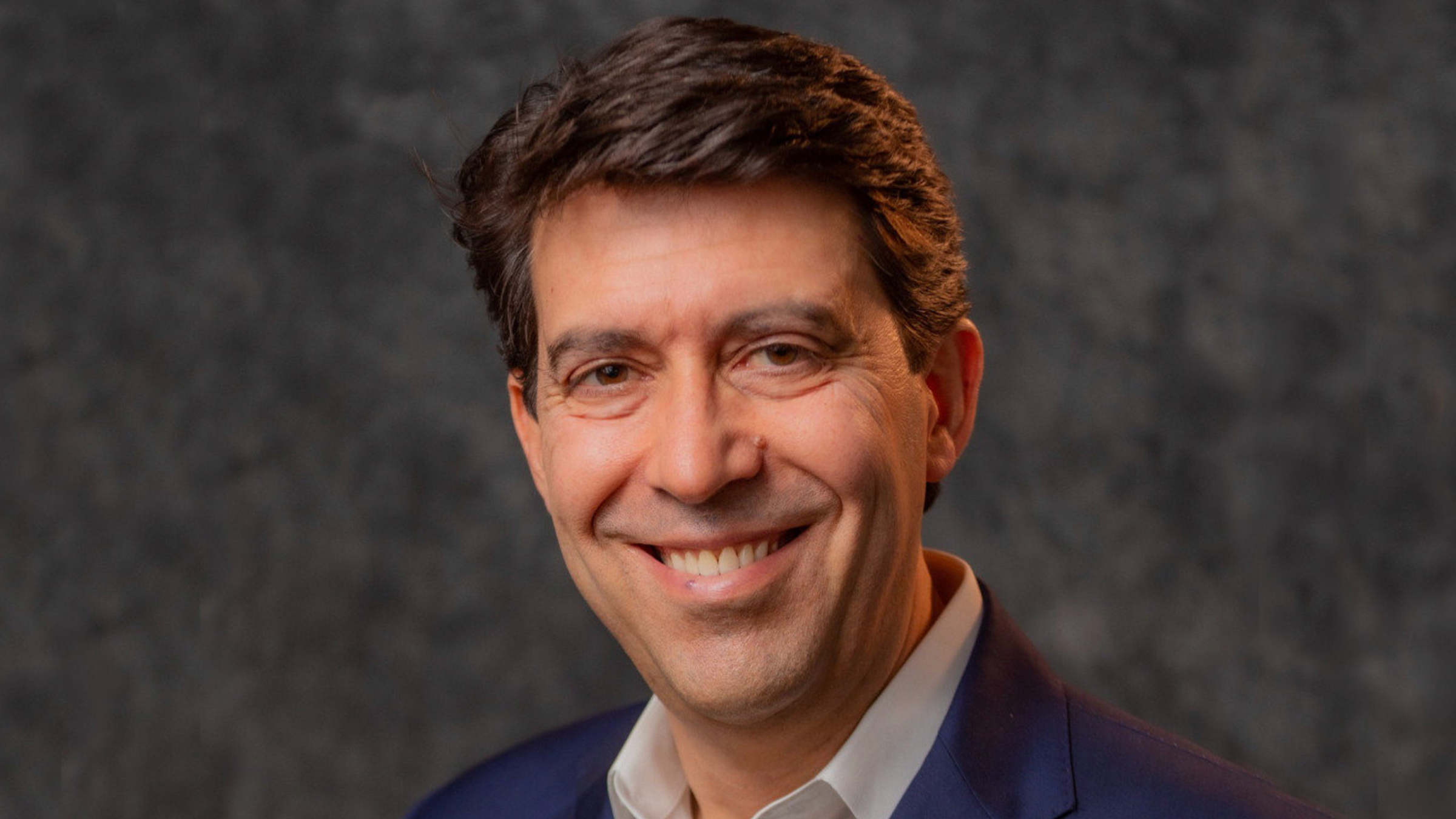
5AM, Avidity, Fidelity lead $100M infusion into next-gen, targeted complement approach
When the FDA first approved Alexion’s Soliris — then eculizumab — in 2007, experts celebrated how the first-of-its-kind drug transformed the way physicians could treat a rare disease called paroxysmal nocturnal hemoglobinuria.
As Soliris racked up more landmark OKs, the C5 inhibitor also became a wildly successful franchise for the company, spurring blockbuster sales that led to a follow-on drug and a $39 billion buyout by AstraZeneca while inspiring new players to jump into the complement space.
Unlock this article instantly by becoming a free subscriber.
You’ll get access to free articles each month, plus you can customize what newsletters get delivered to your inbox each week, including breaking news.